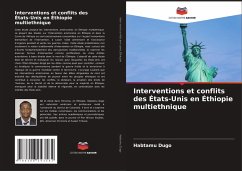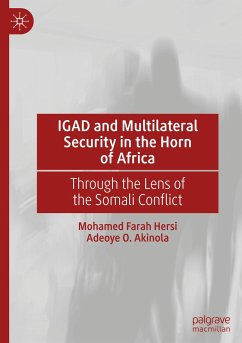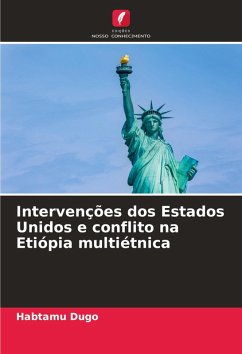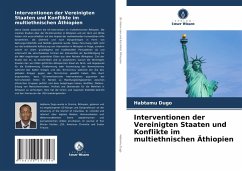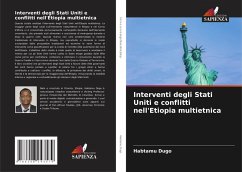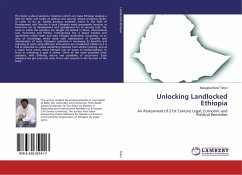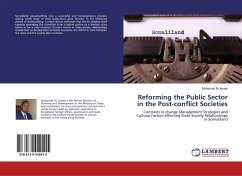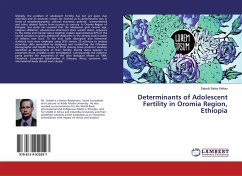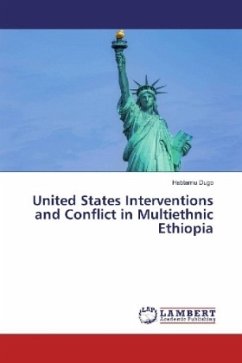
United States Interventions and Conflict in Multiethnic Ethiopia
Versandkostenfrei!
Versandfertig in 6-10 Tagen
30,99 €
inkl. MwSt.

PAYBACK Punkte
15 °P sammeln!
This study analyzes U.S. intervention in multi-ethnic Ethiopia. Most studies of U.S. intervention in Ethiopia and the Horn have exclusively focused on the benevolent humanitarian aid aspect of intervention involving food aid and emergency assistance during and after civil wars. This research not only problematizes the traditional notion of intervention in Ethiopia, but most importantly it makes fundamental departures from traditional perspectives and examines the various forms of intervention as justifications for choosing narrowly-based authoritarian elites from Ethiopia's north. The objectiv...
This study analyzes U.S. intervention in multi-ethnic Ethiopia. Most studies of U.S. intervention in Ethiopia and the Horn have exclusively focused on the benevolent humanitarian aid aspect of intervention involving food aid and emergency assistance during and after civil wars. This research not only problematizes the traditional notion of intervention in Ethiopia, but most importantly it makes fundamental departures from traditional perspectives and examines the various forms of intervention as justifications for choosing narrowly-based authoritarian elites from Ethiopia's north. The objective of the study was to describe and analyze why the United States has chosen the elites-led Ethiopian state as a linchpin in checking, containing or stamping out communism during the Cold War and terrorism during the era of the Global War on Terrorism.The book argues that US interventions in favor of northern ruling elites have led to power imbalances between ethnic groups and have contributed to entrenching conflicts, dictatorship, deprivation of human rights, freedom and democracy for the majority in Ethiopia.These have threatened internal and regional stability contradicting US interests.



